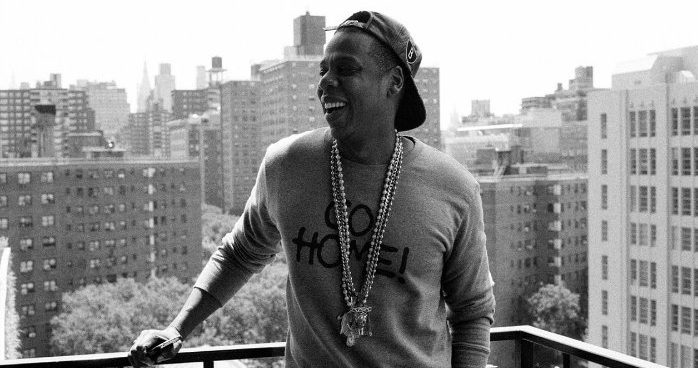I’m a horrible boss, and a union’s worst nightmare.
My employees don’t work standard 9–5’s. In fact, they don’t have set hours to begin with. They also work from home whenever they want to. In fact, they have unlimited vacation days. I don’t review their expense reports, I sign them blindly. In fact, I encourage them to spend and simply reconcile credit card statements at the end of the month. Managers don’t get more laissez-faire than I do. But all of this is completely intentional.
In giving my team complete trust, I’ve received the complete opposite of what you’d expect from the aforementioned circumstances — my team is here all the time, they’re working on weekends, they’re even more productive on the days that they occasionally work from home, and all of them have yet to take a single vacation day. Why? Because they enjoy their work. They want to be here. They want to work. They’re in an environment that supports excellence.
And excellence doesn’t happen in places where a boss is breathing down your neck.
My Gen Y hires are all focused, hard-working, and well-meaning individuals who don’t even entertain the notion of abusing our workplace’s open-concept, holacratic, transparent, results-only-work environment. Every decision made is one that assumes that my team is independent, capable, trustworthy and all aligned on the end goal: make awesome things. As the manager of digital marketing & creative multimedia teams, I’ve taken the Theory Y approach to management.
Theory X and Theory Y are theories of human motivation, created and developed by Douglas McGregor at the MIT Sloan School of Management in the 1960s, that have been used in human resource management, organizational behaviour, organizational communication and organizational development. Wikipedia describes the two contrasting models of workforce motivation as such:
Theory X
In this theory, management assumes employees are inherently lazy and will avoid work if they can, and that they inherently dislike work. As a result of this, management believes that workers need to be closely supervised and comprehensive systems of control developed. A hierarchical structure is needed with narrow span of control at each and every level.
Theory Y
In this theory, management assumes employees may be ambitious, self-motivated and exercise self-control. It is believed that employees enjoy their mental and physical work duties. Given the proper conditions, Theory Y managers believe that employees will learn to seek out and accept responsibility, exercise self-control and self-direction in accomplishing objectives to which they are committed.
Theory X could work well for managers in workplaces such the military, in fast food chains or other places where menial, tedious and/or soul-crushing work is done. But in an agency setting — and most certainly for knowledge workers — Theory X would stifle creativity and ultimately be the undoing of the undertaking. In my organizations, we give Gen Y a massive sandbox, shiny tools and plenty of time to work and play.
To get the best from Gen Y, I encourage my fellow managers to hire smart, creative, funny and talented people. Then, start from a place of complete trust, assuming that your team wants to be there and do their best work. Find ways to enable and encourage them. Then, step back and let them do what they do best — find creative, innovative ways to reach the goal. Your job isn’t to manage Gen Y (they’re perfectly capable of managing themselves!) Your job isn’t to create their to-do lists, it’s simply to remove obstacles from their path. Your job isn’t to tell them what to do, it’s simply to inspire them.
I’m a horrible boss, because I’m not a boss at all. I’m simply a coach. And coaches don’t play ball — they just empower and motivate their teams to win championships. Then, they get out of the way.
—
This post was originally published on Medium.




